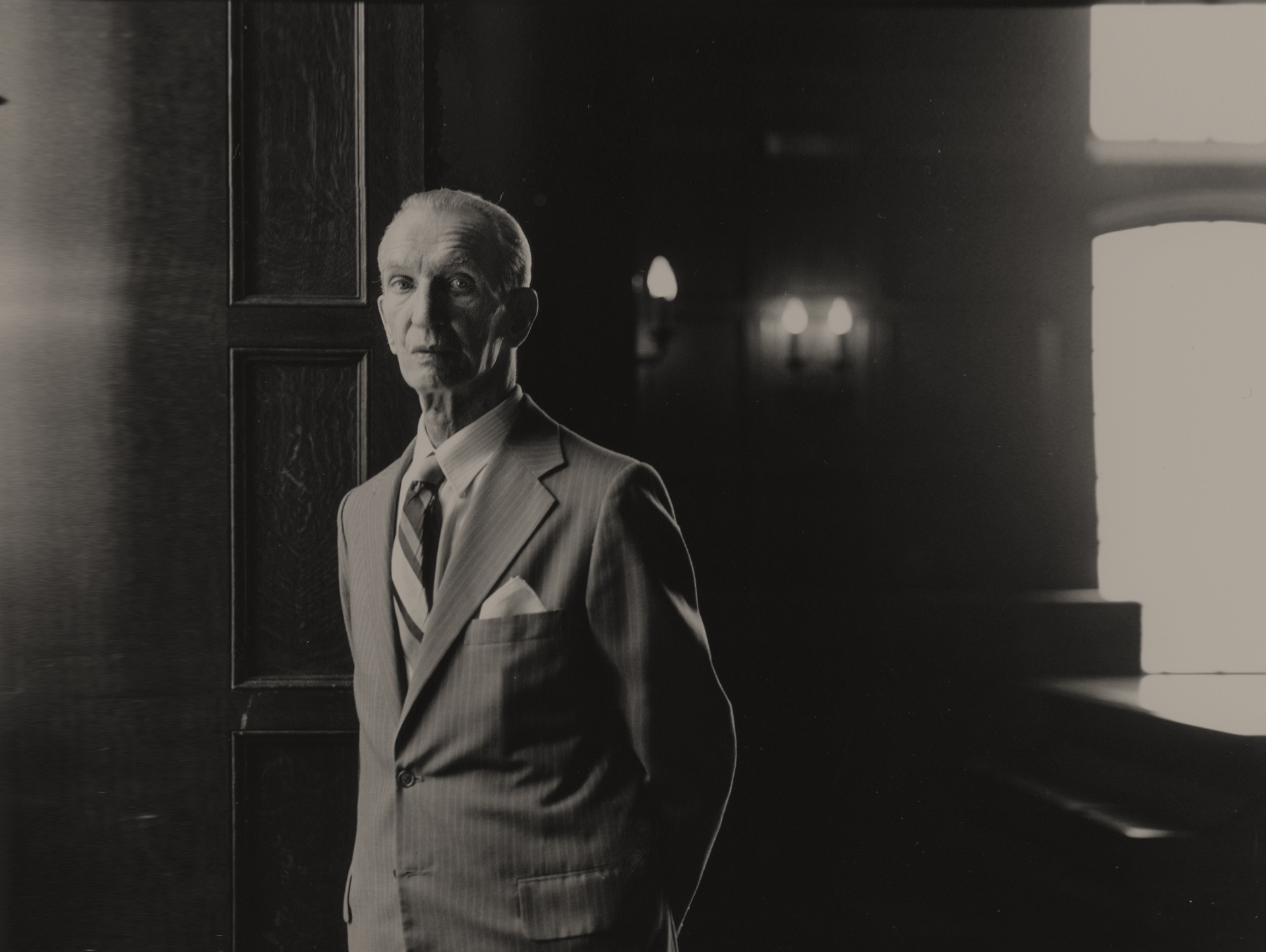
Jankowski, Jan Stanisław (1882–1953), pseudonym Soból, was a Polish chemical engineer and politician. After the outbreak of WWII, he was involved in organizing social assistance and became Director of the Labor and Social Affairs Department at the Government Delegation for Poland (Polish: Delegatura Rządu Rzeczypospolitej Polskiej na Kraj). In March of 1943, he became Government Delegate for Poland. In March of 1944, along with other highly-ranked members of the Polish Underground State, he was arrested by the People’s Commissariat for Internal Affairs (Soviet secret police; Russian: Narodnyi Komissariat Vnutrennikh Del, NKVD). In the so-called “Trial of the Sixteen,” he was sentenced to eight years in prison. He died in prison in March 0f 1953, two weeks before the planned release.
Kirszenbaum, Menachem (unknown–1943) was a Zionist activist and member of the Jewish Social Self-Help organization, which operated in the Warsaw Ghetto. In 1943 he crossed over to the “Aryan side” along with his family. They were all murdered at the Pawiak prison.
Komorowski, Tadeusz (1895–1966), pseudonym Bór, was a Polish Army general. He fought during the defensive war of September 1939. After the defeat, he joined the resistance and became Commander of the Union for Armed Struggle (Polish: Związek Walki Zbrojnej) for the Krakow region, then Vice Commander of the Polish Home Army, and in 1943, Commander-in-Chief of the Home Army. He made the decision to start the Warsaw Uprising of 1944. In September of 1944, he was named Commander-in-Chief of the Polish Armed Forces. After the defeat of the Warsaw Uprising, he was captured by the Germans and remained in prison until May of 1945. After the war, he settled in Great Britain, where he remained politically active in the Polish community.
Korboński, Stefan (1901–1989), pseudonym Nowak, was a Polish politician, lawyer, journalist and one of the leaders of the Polish Underground State during WWII. He was a recipient of the Righteous Among the Nations medal and the Cross of the Polish Home Army. He was an active member of the Polish Home Army and became Chief of Directorate of Civil Resistance (Polish: Kierownictwo Walki Cywilnej), which was responsible for organizing civilian resistance and for information and propaganda. He was also one of the leaders of the underground Peasant Party. He was arrested by the People’s Commissariat for Internal Affairs (Soviet secret police; Russian: Narodnyi Komissariat Vnutrennikh Del, NKVD) in June of 1945, soon released but then forced to exile. He settled in the United States, where he remained active in the Polish Diaspora.
Kossak-Szczucka, Zofia (1889–1968), pseudonym Ciotka ,was a Polish writer, WWII resistance fighter, charity activist and recipient of the Righteous Among the Nations medal. In 1942, she founded the Polish Council to Aid Jews, “Żegota” (Polish: Rada Pomocy Żydom). She was arrested in 1943 and transported to the Nazi concentration camp in Auschwitz–Birkenau. She was transferred to the Pawiak prison in Warsaw, from where she was released thanks to the intervention of Underground authorities. After the war, she lived in Great Britain for 12 years, on a farm in Cornwall. She returned to Poland in 1957.
Kot, Stanisław (1885–1975) was a Polish historian and politician. After the outbreak of WWII, he escaped and became a member of the Polish government-in-exile in London, serving next to Władysław Sikorski and Stanisław Mikołajczyk. In 1941–1942, he served as Polish Ambassador to Soviet Union on behalf of the Polish government-in-exile. After he returned to Poland in 1945, he became Polish Ambassador to Italy on behalf of the Provisional Government of National Unity. After 1947, he settled down in Great Britain.
Kowalski family — a Polish family who helped their relative Piotr Obuch to hide a Jewish couple, Elka Cukier and Berek Pinches. Germans found out about the hideout and on December 6, 1942 burned the entire Kowalski family (parents, sixteen-year-old Janina, twelve-year-old Zofia, six-year-old Stefan, four-year-old Henryk and one-year-old Tadeusz) along with the Obuch family.
Kryst, Jan (1922–1943), pseudonym Alan, was a Polish scout and Polish Home Army fighter. In September of 1939, he took part in the defense of Warsaw as a volunteer. When he was diagnosed with tuberculosis, he asked the Home Army leaders to assign him to a high-risk task. He was assigned a one-person attack on the “Adria” restaurant, which was frequented by Gestapo officers. On May 22, 1943, Kryst shot two German officers and wounded two more. He died while retreating. His body was stolen from the morgue and buried in an unnamed grave in one of Warsaw cemeteries.
Koestler, Arthur (1905–1983) was an English writer of Hungarian descent. He was born to an assimilated Jewish family. He studied engineering but worked as a journalist. In 1931, he joined the Communist Party of Germany but left its ranks in 1938. His most famous novel was Darkness at Noon, which depicted the Stalinist purges in the Soviet Union in 1934–1939.
Kutschera, Franz (1904–1944) was an SS general and war criminal. He became the head of German police and SS for the Warsaw district of the General Government in 1943 and soon earned a nickname “executioner of Warsaw.” He was responsible for crimes against civilians. For his mass killings of Poles in Warsaw, he was sentenced to death by a Polish Underground court. He was assassinated on February 1, 1944 during the so-called “Kutschera Operation” carried out by the Gray Ranks (Polish: Szare Szeregi) of the Polish Home Army.